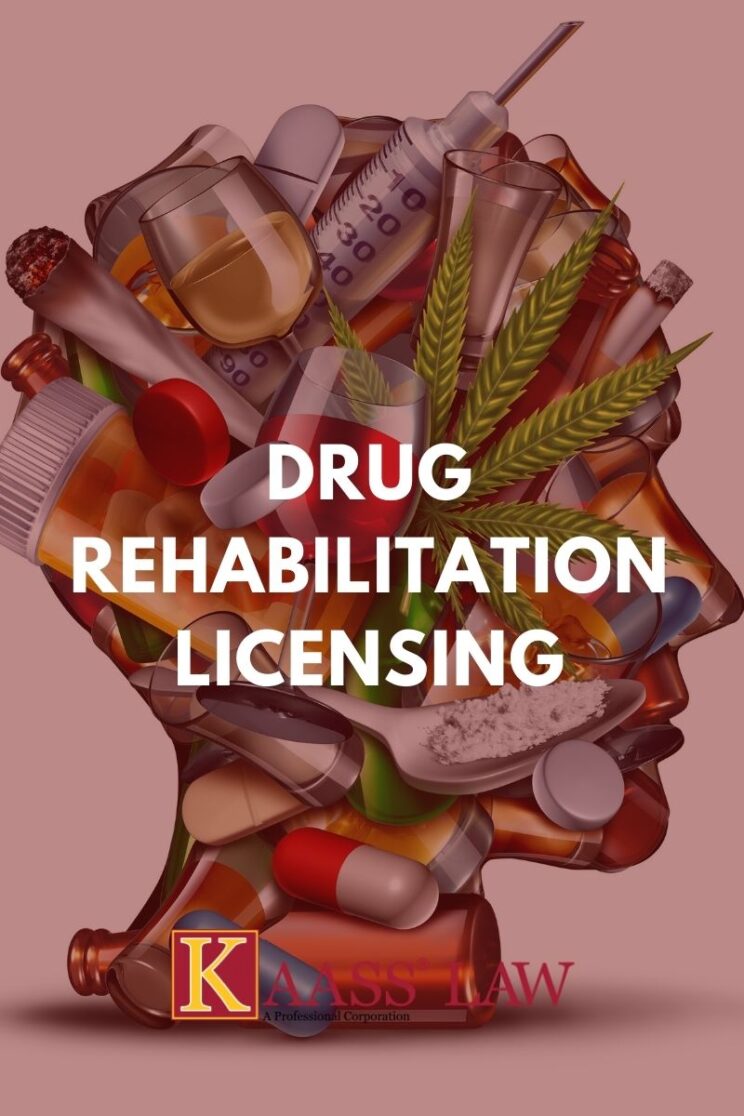Who Has the Authority to Provide Licenses to Facilities?
The Department of Health Care Services (DHCS) has the authority to license facilities that plan to provide adults with nonmedical services.
What Nonmedical Services Need Licensing?
A license is required for providing nonmedical services such as the following:
- Detoxification
- Individual sessions
- Group sessions
- Educational sessions
- Alcoholism abuse
- Drug abuse
- Alcoholism recovery or treatment planning
- Drug recovery or treatment planning
What Does Alcoholism or Drug Abuse Recovery or Treatment Mean?
Alcoholism or drug abuse recovery or treatment means, for the purposes of needing a license, means services that are designed to promote treatment and maintain recovery from substance use disorder problems, which includes the list stated above.
What is Law Governs the Requirement for Licensing?
The California Code of Regulations (CCR), Title 9, Division 4, Chapter 5, section 10505 is the law that governs the requirement for licensing. Namely, it states that no person, firm, partnership, association, corporation, or local government entity shall operate, establish, manage, conduct, or maintain an alcoholism or drug abuse recovery or treatment facility without obtaining a current, valid license pursuant to the chapter.
Are There Any Additional Requirements You Should Know of?
Yes, there are other requirements for those seeking to obtain a license. Those additional requirements include the following:
- All licensed adult alcoholism or drug recovery or treatment facilities will be required to get at least one DHCS Level of Care Designation; and/or
- At least one residential American Society or Addiction Medicine Level of Care Certification that is consistent with all its program services; and/or
- Maintain an applicable standard of care for that designation as a condition of its licensure.
What Code Governs the Requirement Listed Above?
The California Code, Health and Safety Code section 11834.015 governs the requirements listed above. This code also states that, “the department may implement, interpret, or make specific this section by means of plan or provider bulletins or similar instructions until regulations are adopted.”
Are There Fees Associated with License?
Yes, there are fees associated with licensing. To get the current fee structure, visit https://www.dhcs.ca.gov/formsandpubs/Documents/MHSUDS_Information_Notice_14-022.pdf
How Long Does the Application Process Take?
The application process normally takes about 120 days to complete. The first day is counted as the day that the application packet was in fact completed.
Where Can You Get Further Information on Obtaining a License?
Those that are seeking further information on obtaining a license should read the instructions as well as the procedures that can be found here: https://www.dhcs.ca.gov/provgovpart/Documents/DHCS_6002_Initial_Provider_Application_6.29.16.1.pdf
Where Can You Get Further Information Regarding DHCS Level of Care Designation?
For more information regarding DHCS Level of Care Designation, visit: https://www.dhcs.ca.gov/provgovpart/Pages/level-of-care-designation.aspx

